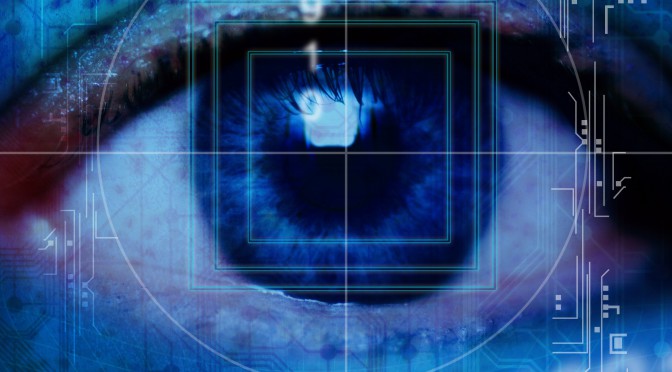
It’s a page out of Orwell’s 1984. The increasing revelations about surveillance across the globe into our private lives is causing a divide in the Western states. Are the actions of the NSA in the United States, and the ASD in Australia creating an increasingly totalitarian environment? Are the Western states increasingly becoming paranoid with their citizens, feeling the necessity to scrutinize emails, phone calls, texts and social media platforms for a hint of agitation? Or is it simply a case of privacy versus security in an era of terrorism and cyber-terrorism?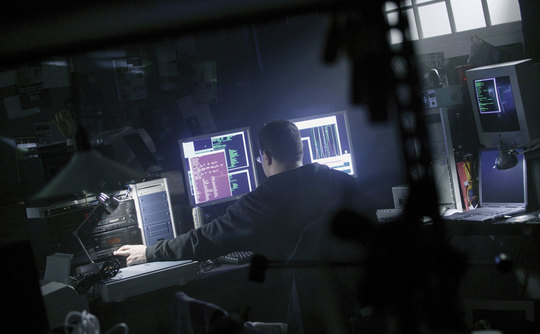
Mass surveillance is a part of our everyday lives. The dystopian views of Orwell, a man ahead of his time, suggested Big Brother would one day be on a screen in our living rooms, analysing our every action. It’s not a stretch to imagine the fruition of Orwell’s literature. Every household boasts a minimum of one screen, usually tapped into the internet. Then there’s the smart phone, iPads, and the soon to be released smart watch by Apple – aptly named Apple Watch. Everything has the ability to be monitored. GPS locations are automatically inbuilt into the devices carried in your back pocket. Basic email, text, and phone calls, are monitored by surveillance agencies for key words or topics discussed, that happen to be on the NSA agenda. CCTV watches from every corner block, metropolitan or regional, following our movements, acknowledging our facial features. Digital prints are recorded at airports, smart passports have chips imbedded, plastic money, and discussion of future chips to be implanted for the sake of carrying our medical records inside our own bodies. The endless ability to track our information in the new digital age is exhausting; but is it necessary?
In Australia the increasing concern in 2014 was the newly talked about proposal of a “surveillance tax,”[1] highlighted by Steve Dalby, of the internet provider iiNet. His argument was against the plans of a new tax rollout for consumers to foot the bill. Communications Minister Malcom Turnbull wants to enforce the retaining of consumers metadata for two years, which include IP addresses, dates, locations and various details ASIO and other security agencies would see fit to seize without a warrant. In conjunction with the already overwhelming ability to track the citizen’s movements and thoughts, retention of data has seen some large telcos baulk at the suggestion. The cost to our freedoms is too great, they argue.
Following revelations by whistle blower Edward Snowden, the western world became acutely aware of their privacy being breached. But it isn’t just a matter of privacy. For a world who for decades after the last Great War believed that they were safe from harm, under the guise of democracy, the trust is being shattered with paranoia. The reality is, the western world is a target for mass attacks of terrorism, in the cyber community especially. We’ve witnessed the recent December attack in Sydney’s Martin Place, those in France involving the Charlie Hebdo hostage crisis, and several on American, Canadian and North Korean shores where the world was poised for a moment waiting for a West versus East retaliation. The government claims they’ve intercepted many more potential attacks through monitoring, keeping us safe from harm. If a mass surveillance state didn’t exist, the potential for attack would increase tenfold. It’s a perception regurgitated in the mass media on a daily basis to reinforce the importance of shadowing our movements, thoughts, and alliances.
In the realms of the technological revolution, globalization has occurred. With the ability to send mass information across the globe within seconds, comes the consequences of mass surveillance versus security. Liberal Senator, Ian MacDonald has been quoted as saying he’d “rather be alive and lack privacy than dead with my privacy intact,” citing terrorism as his reasoning. [2]
It’s not the financial cost of such a proposal that’s in question. It’s the slippery slope of surveillance becoming authoritarian. Suppression of our freedoms to speak without fear of retribution are slowly dwindling. Our thoughts are constantly being trawled on social media platforms such as Facebook and Twitter. Our beliefs are no longer private unless we whisper them face-to-face in a secure ‘real-life’ room. If this level of surveillance is benign, as the agencies insist, why do we pay so much attention to the Assange’s and Snowden’s of the world? Their warnings, at the risk of their own freedoms, need to be heeded.
The everyday citizen argues they have nothing to worry about, but it reeks of an oppressive regime, where one fears their own opinion on social media. Anxiety of government and public retribution play a part in voicing opinion, even as a journalist. Barrett Brown is currently serving a sentence for including a link in an article he wrote, who also actively voiced his allegiance to the collective, Anonymous. Possibly, the benign level of surveillance has breached its own distinctions of keeping the population safe to voice their own opinions.
In an ABC article, 1984 and Our Modern Surveillance Society (Furnell, 2014), according to Neema Singh Guliani, who is with the American Civil Liberties Legislative Counsel, the nature of the surveillance state is beginning to have a direct impact on its citizens, and that “as a consequence, behavioural change within society is underway.”[3] If this is true, a totalitarian regime under the banner of surveillance is creating the Big Brother society that Orwell has warned us about. Our fear of another terrorist attack has us contemplating our neighbour with cynical regard, as much as the intelligence agencies; having us participate in their ground work to uncover threats to our system. It’s a means to separate the individual from its group, coercing societal members into their own bubbles, breaking down mass communication, first on the national stage, and then a global one.
One can argue that it’s a necessary evil: we need to impose this mass surveillance to keep our attackers at bay. But as Guliani points out, it’s changing our behaviour. Is the risk of creating a totalitarian state worth it?
[1] Knott, M, ‘Data retention scheme would lead to surveillance tax on consumers, say telcos’, The Age, http://www.theage.com.au/it-pro/government-it/data-retention-scheme-would-lead-to-surveillance-tax-on-consumers-say-telcos-20140729-zy4ch.html 29 July 2014 [accessed 24 March 2015].
[2] ibid.
[3] Furnell, A, ‘1984 and our modern surveillance society’, The ABC Website, http://www.abc.net.au/radionational/programs/futuretense/1984-and-our-modern-surveillance-society/5631512 29 July 2014 [accessed 24 March 2015].


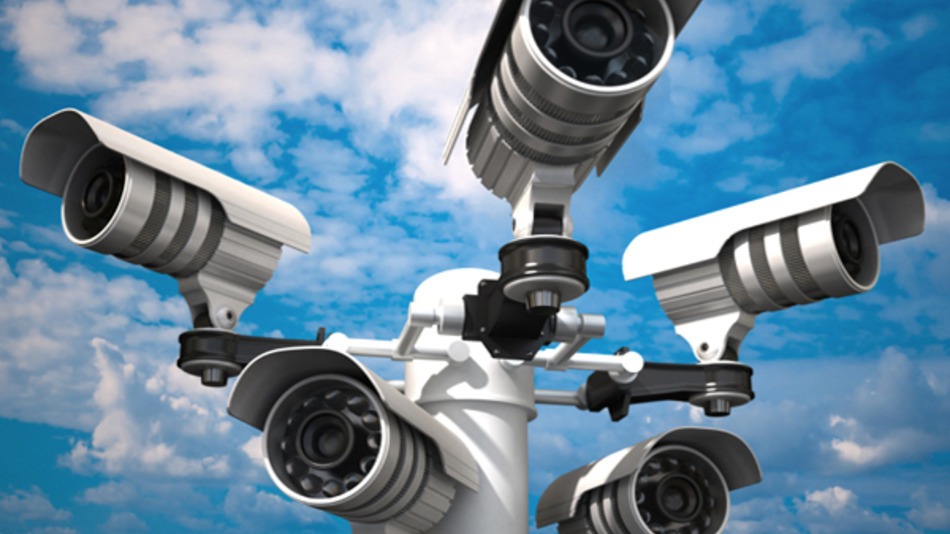
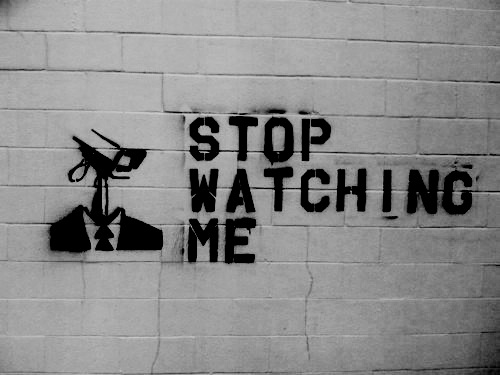
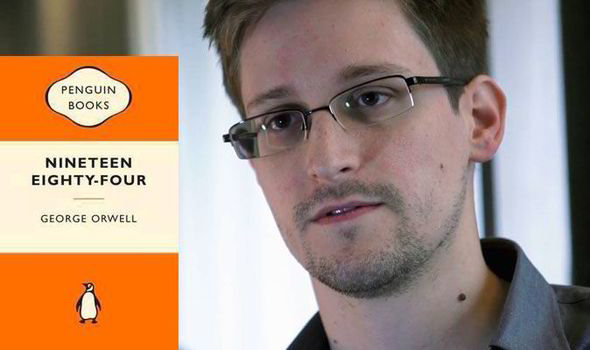

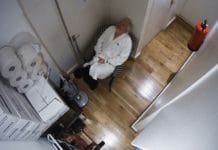

..someone needs to watch THX1138 (film) to see what the elite have in store for humanity past the culling chipping of the masses from the vile NWO genocidal plans..
for me it seems like at least 90% of all terrorists are hired by governments. because if there would be no terrorists, for what would we need them? governments, law enforcement etc. would become obsolete. and they – obviously – don’t want this to happen. they don’t care about the individuals who vote for them (or those who don’t – it makes no difference for them), only about their power. the 1984 scenario is already established, while everyone freaked out about NWO theories – the best lies are the ones with a good part truth in it, and these were the perfect distraction. its to late to stop it from happening, because it HAS HAPPENED. “ignorance is strength” – thats already the principle of a significant part of the population. “war is peace” – reminds me quite a bit of the USA, completely with proxy wars and patriotic feeling about completely unsignificant disputes. “freedom is slavery” – how big was the percentage of people in prisons in the USA? 1 in 50? i might have got the numbers wrong, but its a fucking lot, thats for sure. and all this police brutality … its not far from public executions. and with all these surveillance devices and technologies, there is not much freedom left anyway. doublethink is normal for many people today (just look at a newspaper or some tv show), and freedom of thought is at its end. we are at a stage where even the most disturbing horror stories sound like a mild version of reality (i would prefer a zombie apocalypse over thought police at any time), and it cant go on this way. WAKE UP. this is our last chance. we have to take it.
sorry for bad english, not a native speaker